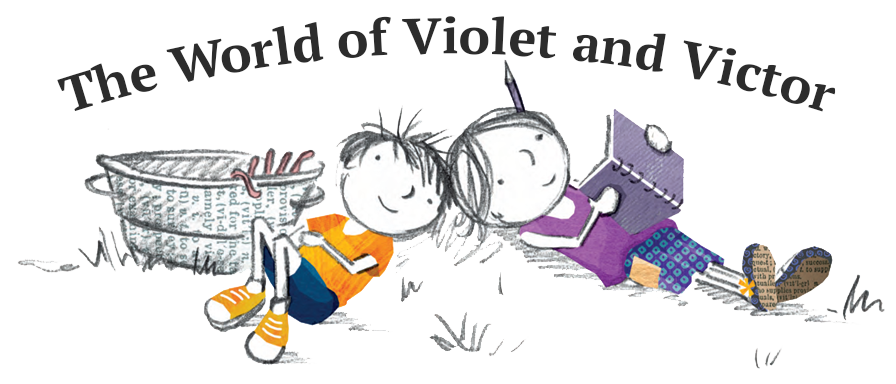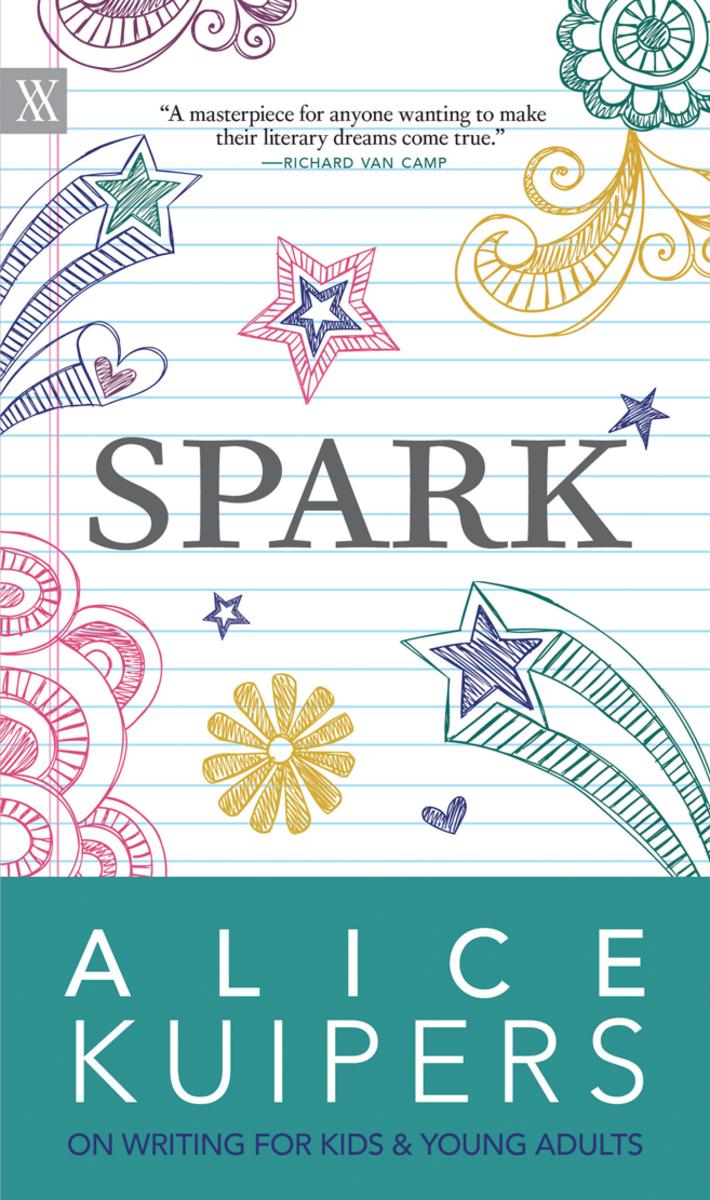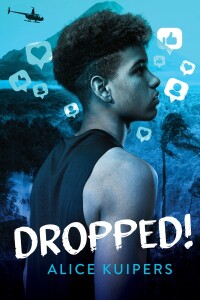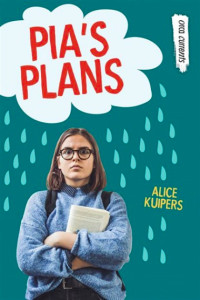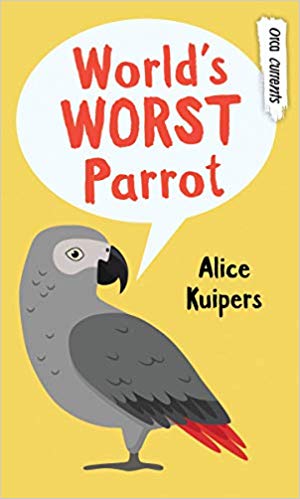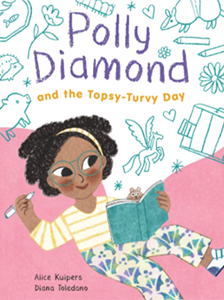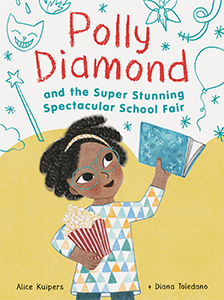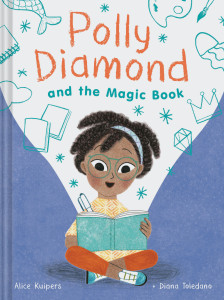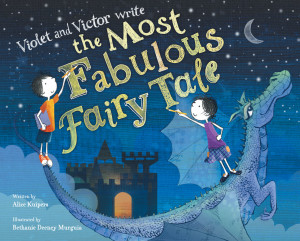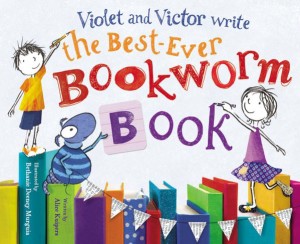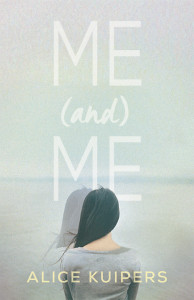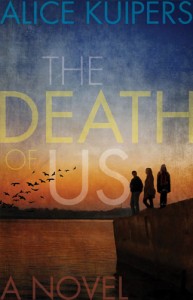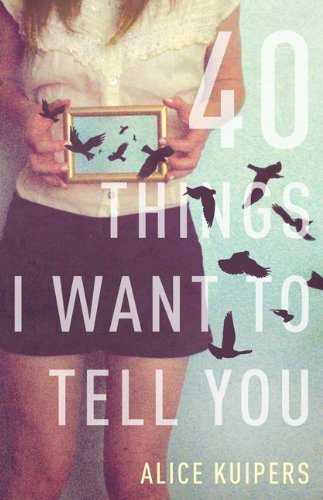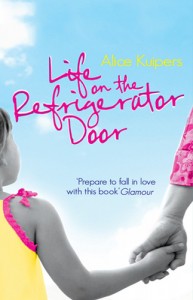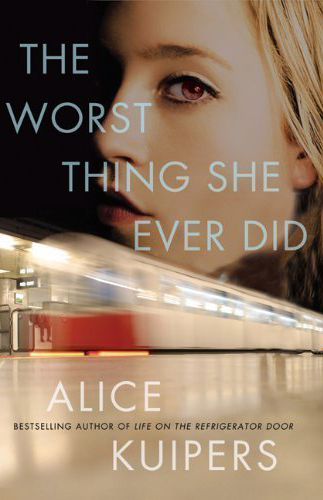For those of you signed up to my newsletter, I have a course for you that I’m going to give away for FREE. Here’s the sales page and the link for those of you signed up to the newsletter (click JOIN above) will come out with my December newsletter.
Workshop One
There are so many things to learn as a writer that it’s sometimes hard to know where to start, especially when that creative fire is burning inside and you just want to get words down.
The idea behind having this course came to me because I want to share some of the things I’ve learned as a writer (and, believe me, I’m still learning lots too) to make it easier for you to write all the stories, poems, and novels you can.
Every week, I’m going to post on some aspect of writing and finish up with a writing prompt. These first five posts will focus on where ideas come from, what to do when you’re stuck, and how to get inspired. So, let’s get started.
For these first five workshops, I’m using a book called IMAGINE by Jonah Lehrer to help me crystalize my ideas and bring what he says about the imagination and creativity specifically to the act of writing.
In IMAGINE, he refers to two scientists, Beeman and Kouinos. Apparently, they’ve discovered there’s a small part of the brain – called the Anterior Superior Temporal Gyrus – which goes crazy just before we have an insight. For years, I’ve been wondering as a writer where the imagination might be and what would happen if we damaged it. One of my early stories was all about someone who suffered brain damage to her imagination (she started seeing white rabbits at the station and thought she could fly). To be honest, knowing the name of this snippet of brain doesn’t help me feel like I’ve got any sense of what the imagination might be – it seems far huger than a tiny scrap of cerebral matter.
But as huge or tiny as it may be, what’s the best way to get this bit of your brain working? Well, it turns out, you just need to relax. The harder you try to force insights, the less likely you are to have them. (I love that the best way for me to work harder is for me to lie down on the couch!)
Our imaginations are set alight by these insights we have when we’re lying on the couch, having a warm shower, going for a walk, or staring out the window. You know the feeling, the burst in your mind when you have an insight, the explosion of excitement when your imagination catches fire. As a writer, you’re looking for that feeling to happen again and again as you work your way through a piece.
But these moments of insight only come when you fuel your mind with stories, art, newspaper articles, movies, pieces of conversation, relationships, experiences, research. Daily living and looking.
Someone smarter than me said:
OBSERVATION + IMAGINATION = INSPIRATION
(and if you’ve ever been to a workshop I’ve run, you’ve probably heard me say this!)
I think this is a lovely, clear way to think about how to get inspired.
Observe the world (daily living and looking, and research).
Let your mind wander. Imagine.
We’ll be looking at how to work on both aspects of inspiration in the coming weeks, but I’ll leave you now with the prompt for the week – we’re starting with a challenging prompt to really give you something to work with. If it seems too hard at first, let your mind wander and see if an idea pops into your head when you’re doing something else.
This week’s writing prompt:
Imagine that your character’s imagination is affected by something that’s happened to that itty-bitty bit of brain we’ve been talking about.
How does your character think now?
How is their imagination affected? How does it operate? What does it dream? What does it invent?
How did this happen to your character – was it an illness, an accident or a crime?
Write up to 500 words from the point of view of your character. (Use the ‘I’ voice. This will be a hindered narrator, for those of you who like the technical term).
Workshop Two
Last week we looked at where inspiration comes from. I suggested that:
OBSERVATION + IMAGINATION = INSPIRATION
Which is something someone told me many years ago. This week, we’re going to think about OBSERVATION and ways to use our powers of observation to improve our writing.
Some writers carry a pen and notepad with them at all times, others scribble notes in their minds and jot them down fully later. Smartphones and iPads have note-taking apps that can email a note directly to your inbox. All of this to say that one of the best things I think you can do for your writing, especially when it comes to generating new ideas, is to make note of everything that interests you.
One of my favourite note-taking exercises is to go and listen to someone’s conversation and write it down. The other day, I heard someone say, “She didn’t know what was wrong until she licked him.” I wanted to hear more but the two women having the conversation drifted out of earshot and I was left with my imagination stirred and the inspiration for several stories sparking in my brain. Now, I know it can feel a little awkward or even creepy to eavesdrop, so I try not to be obvious about it. One of the things about being a writer is that it is your job to notice the world around you and to draw from that experience. I try and tell myself that someone would be flattered if they knew I was inspired by a snatch of their conversation and then I get on with writing things down.
Another way to observe the world is to step outside and make notes about the weather. You might think that a sunny day is really easy to describe, but if you actually go outside and write the words to capture that sunny day on the page you’ll find you steer away from cliché and start truly describing how the sun feels on your skin, how the air tastes, and so on.
Sitting in a café and people-watching is a fine way to spend time as a writer. Someone will catch your imagination, and then the art is to truly describe what they look like, how they hold themselves, what they are wearing or carrying. These sorts of notes will come in helpful when you least expect it.
So, one way to observe is to look out at the world around you. Another way is to read – read novels, poems, stories, other work by Wattpad writers, plays, non-fiction, blogs. If you want to travel to the other side of the world but you can’t afford the plane ticket, find a book that takes you there. There is no reason for you to feel inhibited writing about anything – if you don’t know something, teach yourself so you can tell the stories you want to tell. I don’t believe that writers should only ‘write what they know’. My belief is that the imagination is a powerful tool and with it, we can take ourselves as writers anywhere. One of my main rules for my daily writing life is to read 50 pages a day. Not write a certain number of pages a day because I know that will follow from enriching my imagination with reading.
Observe by going to art galleries and letting the paintings there inspire you.
Observe by watching movies and letting the narrative within take your ideas to a new level.
Observe by travelling – if you can’t leave your home-town, go to a new café or walk a different way to school, there are many ways to give yourself a new perspective on your environment.
Observe by interviewing someone and discovering their story.
Observe by finding out something you never knew before online.
This week’s writing prompt:
Observe your neighborhood. Make notes from your front doorstep for at least five minutes.
Either – write up to 300 words of the opening of a story set outside your front door (use your observations!)
Or – write a poem made up of words that you’ve written in your doorstep notes.

